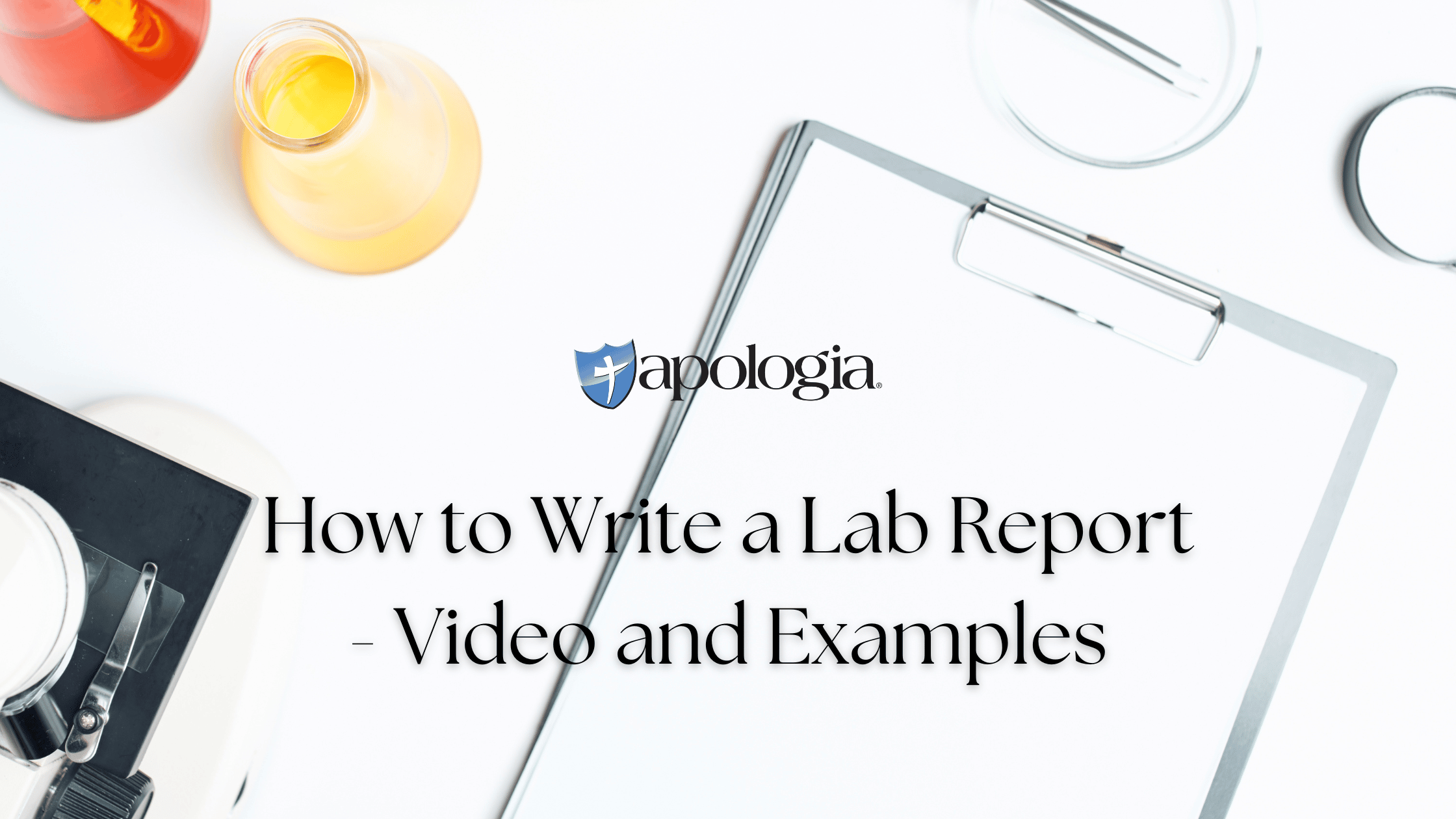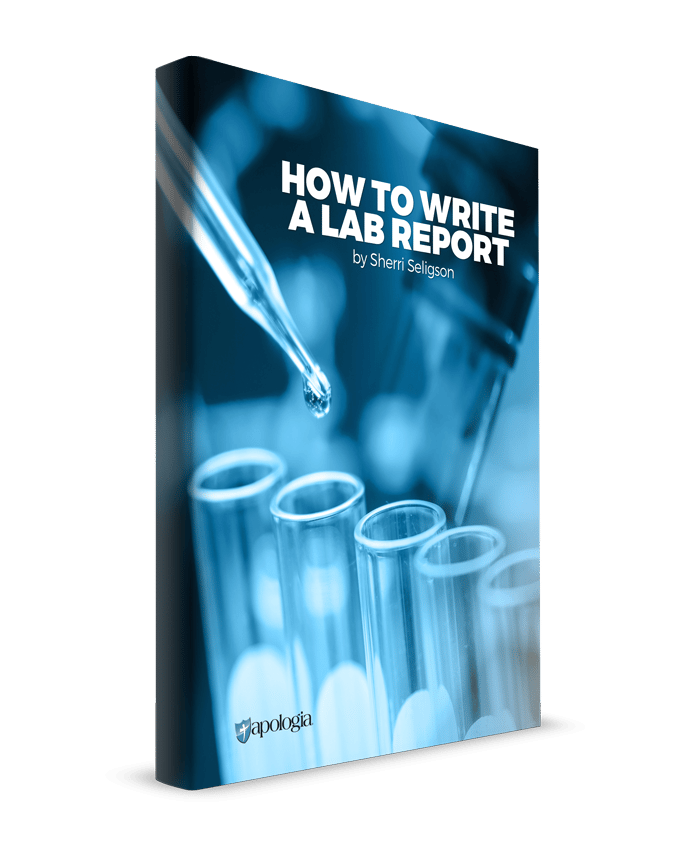
How to Write a Lab Report – Video and Free Guide
There are several ways to write a lab report, and depending on your class or your instructor, the requirements will vary. This guide, created by Sherri Seligson, has been developed to help you understand the reason why knowing how to write a lab report is an important part of the science process. It will also introduce the basic structure of one type of write-up.
What is a Lab Report?
Simply put, a lab report is a way to explain what you have done in an experiment. You describe the results you obtained and then discuss what you learned. There are several ways to write a lab report, and depending on your class or your instructor, the requirements will vary. But this guide is to help you understand the reason why writing a lab report is an important part of the science process. It will also introduce the basic structure of one type of write-up.
In college, any science course you take will require you to do a lab report. But they are not just busywork. They actually serve a purpose. You see, a written report is one of the main ways to share information to other scientists. It communicates the major points of an investigation to others who are in a similar field. This is a systematic way to spread the information!
Lab reports have their own unique style and format, too. Though you may have been taught to write poetically and with artistry, lab reports require clarity and accuracy. They convey information in a concise and clear manner as you explain your investigation and results.
These reports should only be about two to three pages in length, so excessive background or intensive explanations are not necessary. Just get to the major points. Additionally, when doing these, do not use pronouns in your writing. Instead of, “We took three milliliters of vinegar and added it to our beaker,” you would write, “Three milliliters of vinegar were added to a beaker.” See? It is more concise and yet still very clear. In a conclusion, don’t say, “I learned that when you take salt water and place it in a container with fresh water, the salt water will sink because I know that salt water is denser than fresh water.” Again, think clear and concise, while removing pronouns: “In a container, salt water will sink below fresh water because salt water is more dense.”
Of course, as in all writing, proper grammar, spelling, and punctuation are important. And definitely avoid using slang. Though a lab might have been “really cool,” you do not want to write that in your report. Lab reports are technical documents, using correct technical terms and incorporating graphs and tables within the body of the text. So think of this lab-writing process as an opportunity to add one more type of writing style to your skill set. It will take a little practice at first, but as you continue to write more, you will eventually master this style. If you are college bound, you will likely have to take AT LEAST one science course, and lab reports will surely play a part in your grade, so this is another way to better prepare yourself for the future. Even in a career environment, there will be times when technical writing skills will be useful.
Access a FREE How to Write a Lab Report Guide
Written by Apologia Science author Sherri Seligson. The ability to write a lab report is important for your student as they move through high school and into middle school. Sherri takes your student through this process step by step and will help your child move into college sciences confidently, knowing how to write a proper lab report.
About Sherri Seligson, M.Ed.
Before Sherri Seligson was “promoted” to the position of homeschooling mother of four, she worked as a marine biologist at Walt Disney World’s Living Seas pavilion and published shark behavior research. She is the author of Apologia’s Exploring Creation with Marine Biology, Exploring Creation with General Science, and Internship for High School Credit and has written companion curricula for feature films such as Dolphin Tale and War Horse. Sherri is also the featured instructor for Apologia’s video instruction courses. Sherri and her husband, David, live in Orlando, Florida.



